This Conference brings together regulatory authorities and industry representatives and political decision-makers to discuss the latest regulatory developments in Aquatic and Terrestrial ecotoxicology and risk management.
Book safely – participate safely!
Our flexibility guarantee applies to all our face-to-face events until 31 December 2022. All information on the the flexibility guarantee and our safety and hygiene measures can be found here.
Would you instead prefer to follow this conference digitally via our Live Stream?
Then you can find further information here!
Plant Protection Products (PPPs) are strictly regulated within the European Union and in abroad countries. The risk management and ecotoxicological assessment of PPPs, essential to produce compliant products, poses challenges across the entire pesticide industry.
The ECOTOX Conference brings together representatives from regulatory and industry backgrounds, as well as political decision-makers to discuss the latest regulatory developments. It keeps track of scientific progress, risk assessment methods and any crucial novelties in the ERA of PPPs.
Professionals working in the fields of:
Sectors that should take part:
Picture Credit: © hfox – Fotolia.com, © reluk – Fotolia.com
PLEASE NOTE: The indicated times refer to Central European Time CET.
For further time zones, please view here.
Peter Dohmen, Independent Consultant, Germany
Jacoba Wassenberg, Dutch Board for the Authorisation of Plant Protection Products and Biocides (Ctgb), The Netherlands
Rachel Sharp, European Food Safety Authority (virtual presentation)
Karin Nienstedt, European Commission, Belgium (virtual presentation)
Anne Alix, Corteva Agriscience, United Kingdom
Virginie Ducrot, Bayer Crop Science, Germany
Amy Brooks Cambridge Environmental Assessments / RSK ADAS, United Kingdom
Gertje Czub, Federal Office of Consumer Protection and Food Safety (BVL), Germany
Jens Dauber, Johann Heinrich von Thünen Institute, Germany
Mariana Ledesma, Swedish Chemicals Agency (KEMI), Sweden
Pierre-François Chaton, French Agency for Food, Environmental and Occupational Health & Safety (ANSES), France
Manuela Trobej, Austrian Agency for Health and Food Safety (AGES), Austria
Peter Dohmen, Independent Consultant, Germany
Jacoba Wassenberg, Dutch Board for the Authorisation of Plant Protection Products and Biocides (Ctgb), The Netherlands
Joost Lahr, Dutch National Institute for Public Health and the Environment (RIVM), The Netherlands
Emily McVey, Dutch Board for the Authorisation of Plant Protection Products and Biocides (Ctgb), The Netherlands
Edward A. Straw, University College Dublin, Ireland (virtual presentation)
Roman Ashauer, Syngenta, Switzerland
Michael Faupel, Rifcon, Germany
Bas Buddendorf, Wageningen University, The Netherlands
Lunch and end of the Conference
Name
Company
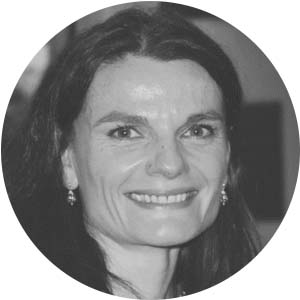
Anne Alix
Corteva Agriscience, United Kingdom
Anne Alix joined Dow AgroSciences, now Corteva Agriscience, in 2011, as Policy and Risk Management Leader for Europe, Middle East and Africa. She has been working in the area of plant protection products risk assessment for 20 years. After a PhD in Integrated Pest Management (IPM) at the University of Rennes, Anne joined the French National Institute for Research in Agronomy (INRA) as an ecotoxicologist in the scientific unit for the risk assessment of crop protection products. Anne was nominated head of the Environment and Ecotoxicology risk assessment unit at the French Agency on the safety of Food (AFSSA, now ANSES), where she initiated scientific collaborations with the pesticide unit of EFSA. Anne then joined the French Ministry of Agriculture as the deputy head of the Section for Regulation of Plant Protection Products and fertilizers, in charge of the implementation of risk mitigation measures for pesticides and of post registration monitoring.
moreless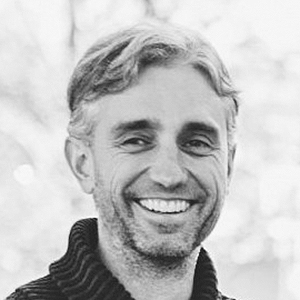
Roman Ashauer
Syngenta, Switzerland
Roman Ashauer is Eco-modelling Lead at Syngenta. Previously he was Associate Professor at the University of York, UK, where he led a research group until 2018. He has won several awards for his research on effect modelling for environmental risk assessment of chemicals.
moreless
Amy Brooks
Cambridge Environmental Assessments / RSK ADAS, United Kingdom
Amy Brooks is a regulatory ecotoxicologist with more than ten years’ experience in environmental risk assessment. As Head of the Regulatory Risk Assessment team at Cambridge Environmental Assessments, she provides technical, strategic and regulatory leadership to risk assessment and ecotoxicology functions across thew company. Prior to joining CEA in 2014, she worked as a senior ecotoxicology consultant at a multi-national consultancy, providing ecotoxicology support for pesticide submissions at the national and European level. Before entering the private sector, Amy worked at the Chemicals Regulation Directorate (part of HSE, the UK regulatory authority), evaluating pesticide and biocide dossiers for both active substances and formulated products.
moreless
Bas Buddendorf
Wageningen University, The Netherlands
Bas Buddendorf is an Ecological Modeller, whose primary focus is on the integration of fate and effect models. Outputs from this work can be used to, for example, develop new approaches for risk assessment and scenario development at landscape scales.
moreless
Pierre-François Chaton
French Agency for Food, Environmental and Occupational Health & Safety (ANSES), France
Pierre-François Chaton is Deputy Head of the Ecotoxicology and Environmental Fate Unit and a senior risk assessor in ecotoxicology at the French Agency for Food, Environmental and Occupational Health and Safety (ANSES). He has more than 16 years of experience in regulatory risk assessment of plant protection products, including method development.
morelessGertje Czub
Federal Office of Consumer Protection and Food Safety (BVL), Germany

Jens Dauber
Johann Heinrich von Thünen Institute, Germany
Jens Dauber is a biologist with a specialisation on landscape ecology and agroecology. He is the Director of the Thünen Institut of Biodiversity and Professor for Biodiversity of Agricultural Landscapes at the TU Braunschweig.
moreless
Peter Dohmen
Independent Consultant, Germany
Peter Dohmen recently retired from his position as a Senior Ecotoxicologist at the Agricultural Research Centre of BASF in Limburgerhof/Germany. Having occupied this position for several decades, he brings along profound knowledge and experience in the ecotoxicology field and now works as an independent consultant.
morelessSteven Droge
Wageningen University and Research, The Netherlands

Virginie Ducrot
Bayer Crop Science, Germany
Virginie Ducrot is the Head of the Ecotoxicology Group at Bayer Crop Science and has over 15 years of research experience ecotoxicology. Having worked as scientist in the French National Research Institute for Agriculture, Food and the Environment (INRAe), as external expert for the PPR Panel at EFSA, and as member of the VMG-eco panel at OECD, she has promoted innovative methods in ecotoxicology (aquatic, terrestrial plants) and effect modelling for the environmental risk assessment of chemicals.
moreless
Michael Faupel
Rifcon, Germany
Michael Faupel is the Deputy Head of the Regulatory Strategies Department at Rifcon in Germany. He holds a PhD from Bielefeld University and has previously led Rifcon’s Ecotoxicology Team.
moreless
Joost Lahr
National Institute for Public Health and the Environment (RIVM), The Netherlands
Joost Lahr is a Senior Expert for Water Quality at the Dutch National Institute for Public Health and the Environment (RIVM). Joost has a background in environmental science and ecotoxicology. He has previously worked as Environmental scientist/Ecologist at Wageningen Environmental Research, as an ecotoxicologist for the environmental consultancy AquaSense/Grontmij and for the United Nations Food and Agriculture Organization (FAO) in Senegal as an Expert in Ecotoxicology and Hydrobiology.
moreless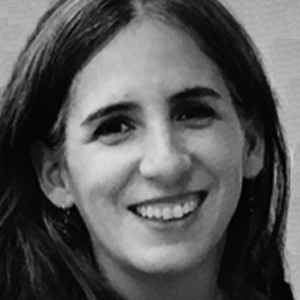
Mariana Ledesma
Swedish Chemicals Agency (KEMI), Sweden
Mariana Ledesma has been working as a Regulatory Ecotoxicologist at the Swedish Chemicals Agency (KEMI) conducting ecotoxicology data evaluation and risk assessment, since 2009. As Swedish representative for the Northern Zone in the ecotoxicology section for plant protection products, she has led the work with the interim approach for bees as well as participated in the break-out group responsible for the update of the Higher tier for birds and mammals.
moreless
Emily McVey
Board for the Authorisation of Plant Protection Products and Biocides (Ctgb), The Netherlands
Emily McVey is an experienced Regulatory Toxicologist and works as a Risk Assessor in ecotoxicology at the Ctgb. Her specialties include environmental toxicology, wild vertebrates (birds, mammals, amphibians, fish), molecular mechanisms of toxicity, neurodevelopmental toxicity and endocrine disruption testing and assessment.
moreless
Karin Nienstedt
European Commission, Belgium
Karin M. Nienstedt leads the Sector Pesticides - Placing on the Market in the Unit Pesticides and Biocides, European Commission (Directorate General for Health and Food Safety). Before joining the European Commission she worked for the European Food Safety Authority and as a researcher in the areas crop protection, ecotoxicology, and biological control.
morelessRachel Sharp
European Food Safety Authority (EFSA), Italy
Rachel Sharp is a Regulatory Ecotoxicologist with 18 years of experience. The first 7 years of her career were spent working in the UK competent authority for pesticides whilst the last 11 years have been in the Pesticides Unit of the European Food Safety Authority (EFSA). She has an in-depth knowledge of the EU Regulatory framework for the assessment of pesticides and wide experience of risk assessment. In recent years she has been scientific coordinator for the update of the EFSA guidance document for the risk assessment of birds and mammals to pesticides.
moreless
Edward Straw
University College Dublin (UCD), Ireland
Edward Straw is a Post-doctoral Researcher at Trinity College Dublin. He works on the impacts of pesticides on bee health, specifically co-formulants and adjuvant and their impacts on bumblebees. He finished his PhD at Royal Holloway University of London in 2020, worked on the PROTECTS project at University College Dublin through 2021, and now has Irish Research Council funding to pursue his own research goals. He is looking to improve how we regulate pesticides by understanding the contributions of overlooked pesticide ingredients to overall formulation toxicity. His work has focussed on co-formulants in herbicides and fungicides. Edward also publishes on the impacts of glyphosate on bees.
moreless
Manuela Trobej
Austrian Agency for Health and Food Safety (AGES), Austria
Manuela Trobej is a Senior Expert in the field of ecotoxicology at the Austrian Agency of Health and Food Safety (AGES), where she is responsible for the evaluation and assessment of plant protection products. She specialises mixture toxicity risk assessment, computational toxicology and the evaluation of endocrine disrupting properties of active substances.
moreless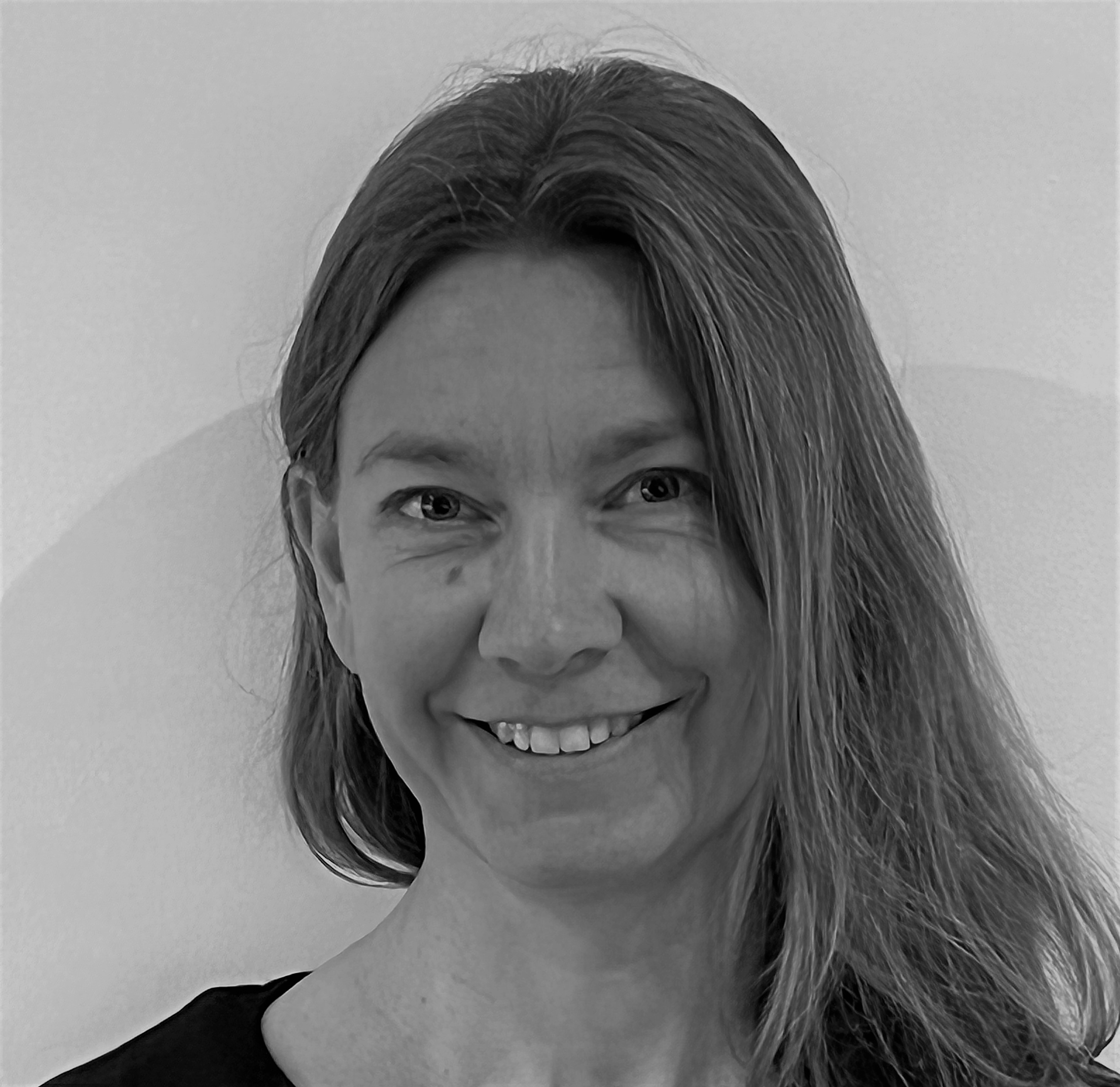
Jacoba Wassenberg
Board for the Authorisation of Plant Protection Products and Biocides (Ctgb), The Netherlands
Jacoba Wassenberg is an environmental risk assessor at the dutch Ctgb, specialized in assessing the ecotoxicological risk of plant protection products to bees, birds and mammals.
morelessWe have reserved a limited number of rooms for our participants at the hotel. These rooms can be booked up to 4 weeks prior to the start of the event. Please book early and directly through the hotel quoting „Akademie Fresenius“ as reference.
Participation Fee: € 1,895.00 plus VAT.
The registration fee includes the following benefits:
Representatives of an authority or a public university are therefore eligible for a reduced fee of € 795.00 plus VAT per person (please provide evidence). The reduced fee cannot be combined with other rebates.
Group Reductions
For joint bookings received from one company we grant a 15% discount from the third participant onwards.
Terms of Cancellation / Book without Risk
Written cancellations or transfers will be accepted free of charge up to four weeks prior to the start of the event. After this date and up to a week prior to the start of the event we will reimburse 50% of the registration fee. We cannot, unfortunately, provide refunds for later cancellations. However, in this case we will provide you with the event documentation after the event.
Please note that you can name a substitute free of charge at any time.

Anne Möller
Programme and conceptual design
+49 231 75896-84
amoeller@akademie-fresenius.de

Anne Möller
Programme and conceptual design
+49 231 75896-84
amoeller@akademie-fresenius.de

Anne Möller
Programme and conceptual design
+49 231 75896-84
amoeller@akademie-fresenius.de
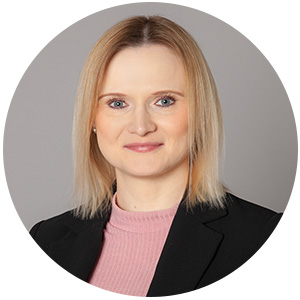
Jennifer Zerth
Organisation and participant management
+49 231 75896-79
jzerth@akademie-fresenius.de

Jennifer Zerth
Organisation and participant management
+49 231 75896-79
jzerth@akademie-fresenius.de
Present your Company at the Event.
You can personally present your products and services directly to your specified target group. We are happy to provide you with further information on our range of available options – from displaying company information at the reception counter to presenting your company with an exhibition stand.
We would be pleased to assist you personally:

Monika Stratmann
Phone: +49 231 75896-48
info@akademie-fresenius.de
We offer journalists and editors a platform where they can get in touch with the experts.
If you are the editor of a specialist publication and interested in a press pass or media partnership, please contact us well in advance. We are happy to advise you.
Please contact us:

Katharina Geraridis
Phone: +49 231 75896-67
presse@akademie-fresenius.de
© Die Akademie Fresenius GmbH